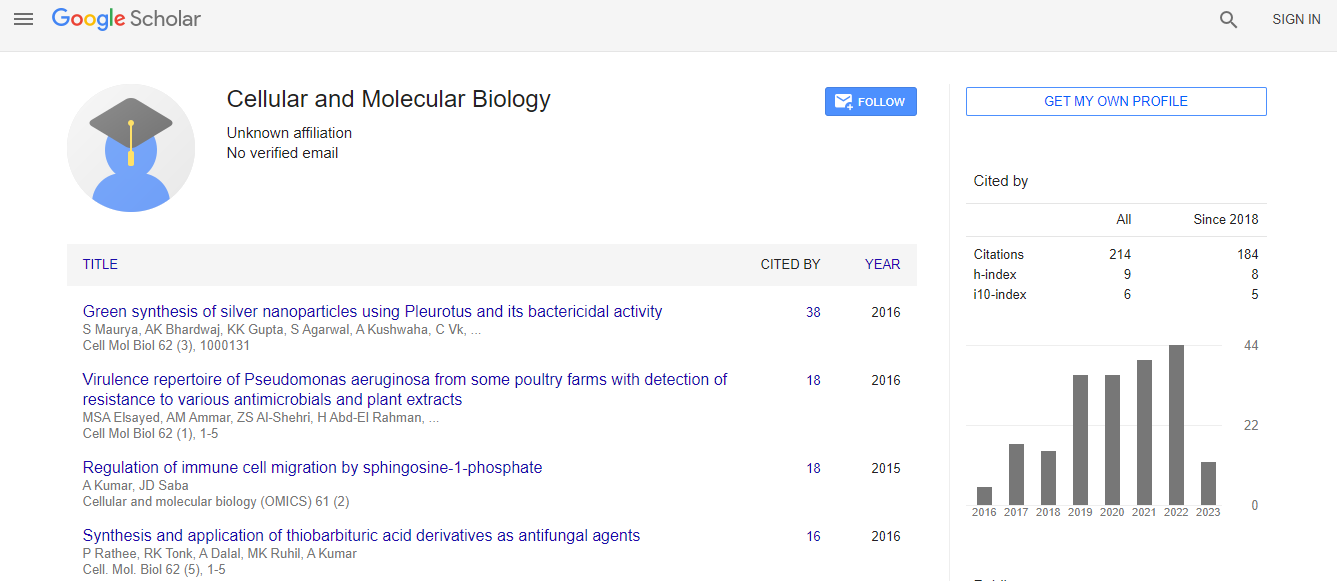Antigen-Presenting Cells in the Lung: A Comprehensive Overview
*Corresponding Author:Received Date: Nov 01, 2024 / Published Date: Nov 30, 2024
Copyright: © 0 . This is an open-access article distributed under the terms of the Creative Commons Attribution License, which permits unrestricted use, distribution, and reproduction in any medium, provided the original author and source are credited.
Abstract
Antigen-presenting cells (APCs) are critical players in the lung's immune response, bridging innate and adaptive immunity. This overview examines the primary types of APCs found in the pulmonary environment-dendritic cells, macrophages, and B cells-and their unique functions in antigen recognition, processing, and presentation. The article explores how these cells interact with T cells to initiate and regulate immune responses, as well as their roles in maintaining lung homeostasis. Furthermore, it highlights the implications of APC function in various respiratory diseases, including asthma, chronic obstructive pulmonary disease (COPD), and lung infections. Understanding the complex dynamics of APCs in the lung may offer insights into novel therapeutic strategies aimed at modulating immune responses and improving outcomes in pulmonary disorders.

 Spanish
Spanish  Chinese
Chinese  Russian
Russian  German
German  French
French  Japanese
Japanese  Portuguese
Portuguese  Hindi
Hindi 
